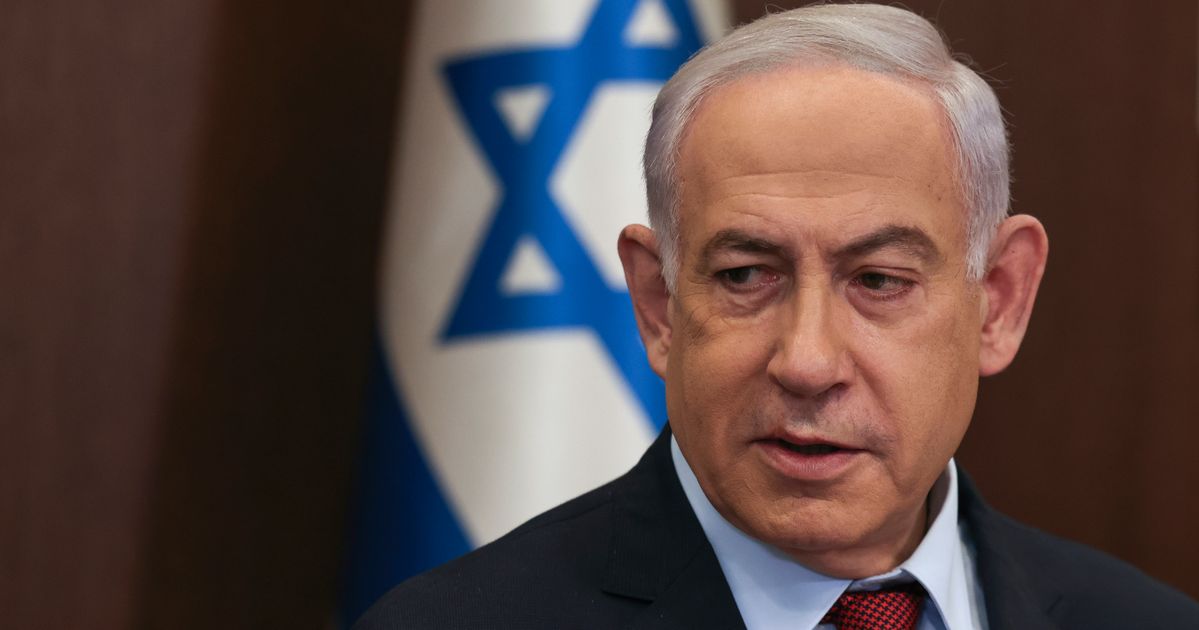Israeli Prime Minister Benjamin Netanyahu’s office stated on Saturday that he opposes any form of Palestinian sovereignty in post-war Gaza. This appears to be a rejection of U.S. President Joe Biden’s suggestion that creative solutions could bridge the gap between their differing views on Palestinian statehood.
Netanyahu is facing domestic and international pressures, with protests growing outside his home, led by families of over 100 remaining hostages held by Hamas and other militant groups. These families are urging the government to take decisive actions to free the hostages, fearing that Israel’s military activities in Gaza put their lives at risk.
The Israeli Prime Minister is also under pressure from his right-wing ruling coalition to intensify the conflict against Hamas, while the United States, a close ally, is calling for restraint. Netanyahu reiterated in his recent conversation with Biden that Israel must retain security control over Gaza post-destruction of Hamas, a stance contradicting the demand for Palestinian sovereignty.

Rejecting Biden’s Proposal, Netanyahu Opposes Palestinian Sovereignty in Gaza After the War (Credits: The Hindu)
President Biden, however, mentioned various types of two-state solutions and stated that a two-state solution is not impossible with Netanyahu in office. UN Secretary-General Antonio Guterres deemed the refusal to accept a two-state solution as unacceptable, warning that it would indefinitely prolong the conflict.
Netanyahu has expressed the need for “complete victory” over Hamas without detailing how this will be achieved. Former Israeli army chief Gadi Eisenkot, a member of Israel’s War Cabinet, has called for a cease-fire as the only way to secure the hostages’ release, implying criticism of the current military strategy.
Critics accuse Netanyahu of avoiding a Cabinet-level debate on post-war scenarios to prevent conflicts within his coalition. The ongoing conflict, initiated by Israel after an attack by Hamas, has resulted in significant casualties and displacement in Gaza, leading to a humanitarian crisis.
The protest outside Netanyahu’s home has intensified, with families of hostages demanding action. Anti-war protests have also erupted in Israeli cities, expressing concerns about the offensive. The war’s impact has extended beyond the region, with attacks on U.S. and Israeli targets by Iranian-backed groups and tensions escalating in Lebanon and Yemen.
As the conflict continues, the situation remains volatile, with ongoing military operations, protests, and international repercussions.























